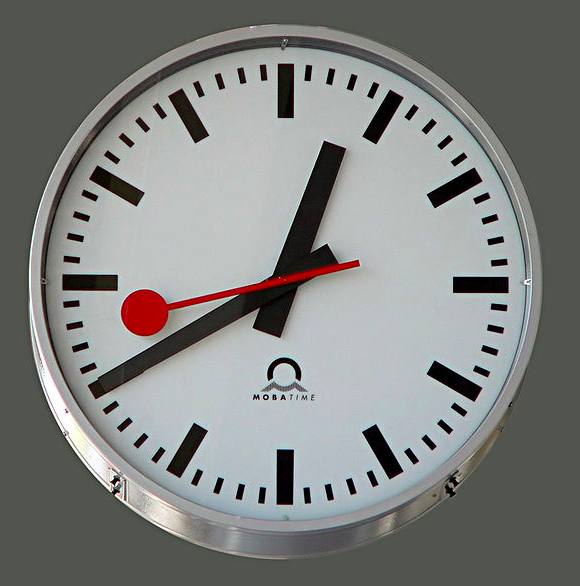 PUBLIC SERVICE ANNOUNCEMENT
PUBLIC SERVICE ANNOUNCEMENT
Daylight Saving Time ends this Sunday, November 5. Before going to sleep on Saturday night, remember to turn your clocks back one hour. This weekend is also a good time to check your emergency supply kit. Is it missing any items? Is anything out-of-date, leaking or damaged? If you haven’t created an emergency supply kit yet, now is the time to do it!
“Emergencies can happen with little or no warning; that’s why having an emergency supply kit is so important,” said Dr. Patricia Ruppert, Rockland County Health commissioner.
What should you put in your emergency supply kit? Have at least a three-day supply of food and water stored in your home, with at least one gallon of water per person per day. Choose foods that are ready to eat such as peanut butter and canned meats, fruits and vegetables. Remember your pets too! They need their own food and water. Your emergency supply kit should also contain flashlights, a hand-operated can opener, a radio, batteries, and copies of important documents. Depending on your family’s needs, you may also need other supplies.
Stock up on canned vegetables or batteries when there is a sale. Share “bulk” items with a friend, co-worker or neighbor, who can serve as your “preparedness buddy.” Once your emergency supply kit is complete, don’t be tempted to “borrow” from it the next time you run out of batteries or need beans for a recipe. Remember: your emergency supply kit is for emergencies!
Also, don’t forget to change the batteries in your smoke and carbon monoxide alarms when you change your clocks. At the same time, make sure the alarms are in good working order and that they are not expired. Replace all smoke alarms when they are ten years old or if they don’t respond when tested. To find out how old a smoke alarm is: the date of manufacture is located on the back of the alarm; the alarm should be replaced 10 years from that date. For carbon monoxide alarms, always check the manufacturer’s instructions and expiration date. The Health Department’s Healthy Neighborhood Program can provide and install FREE smoke and carbon monoxide alarms to eligible residents, including low-to-modest income residents, at-risk families, and seniors.

You must be logged in to post a comment Login